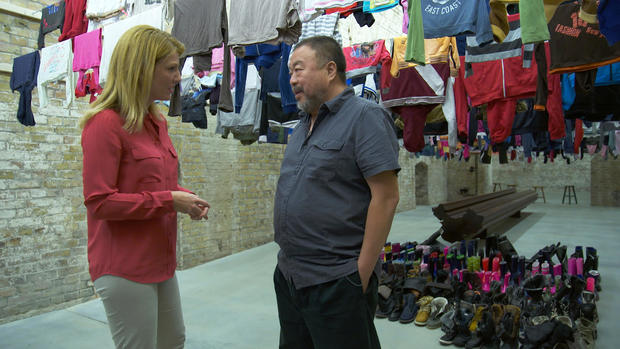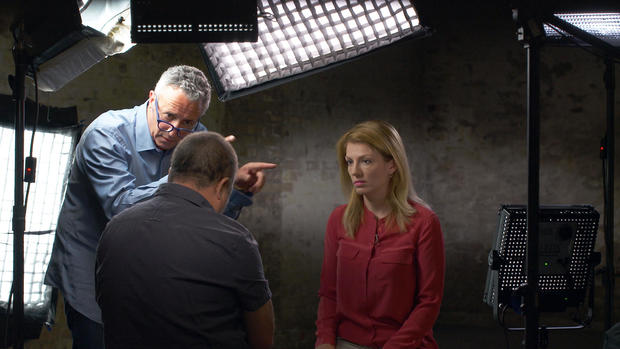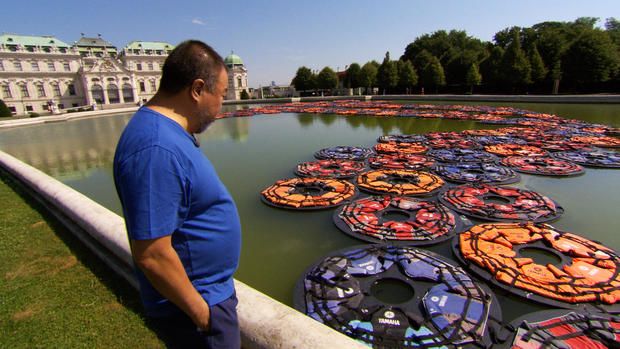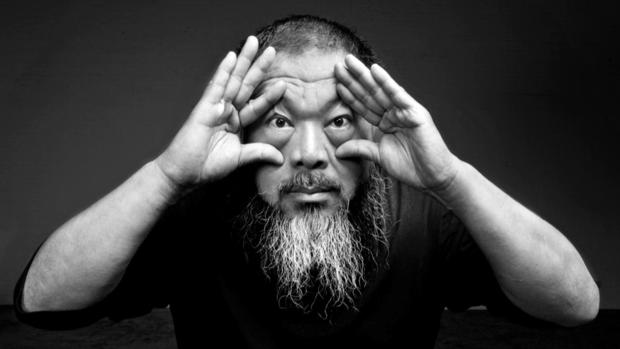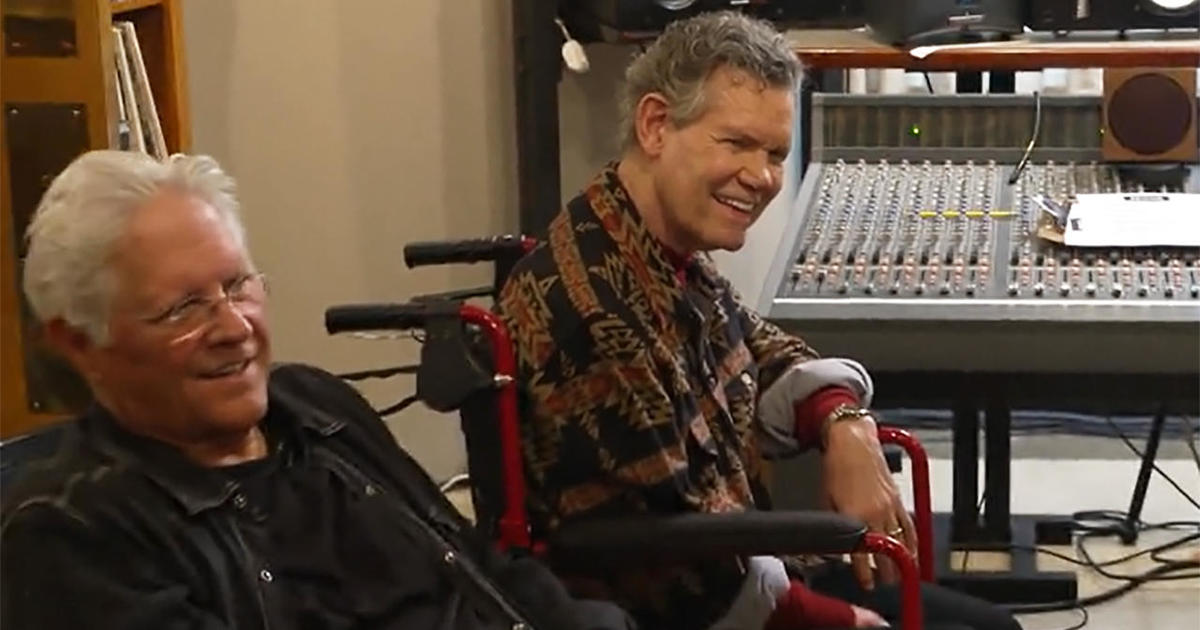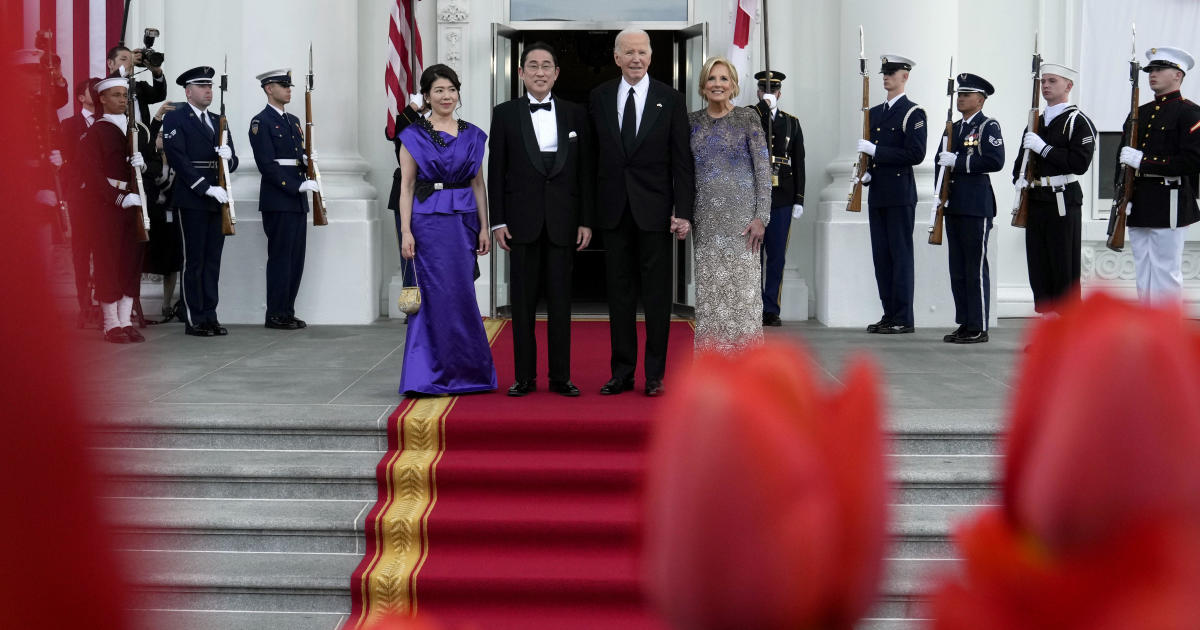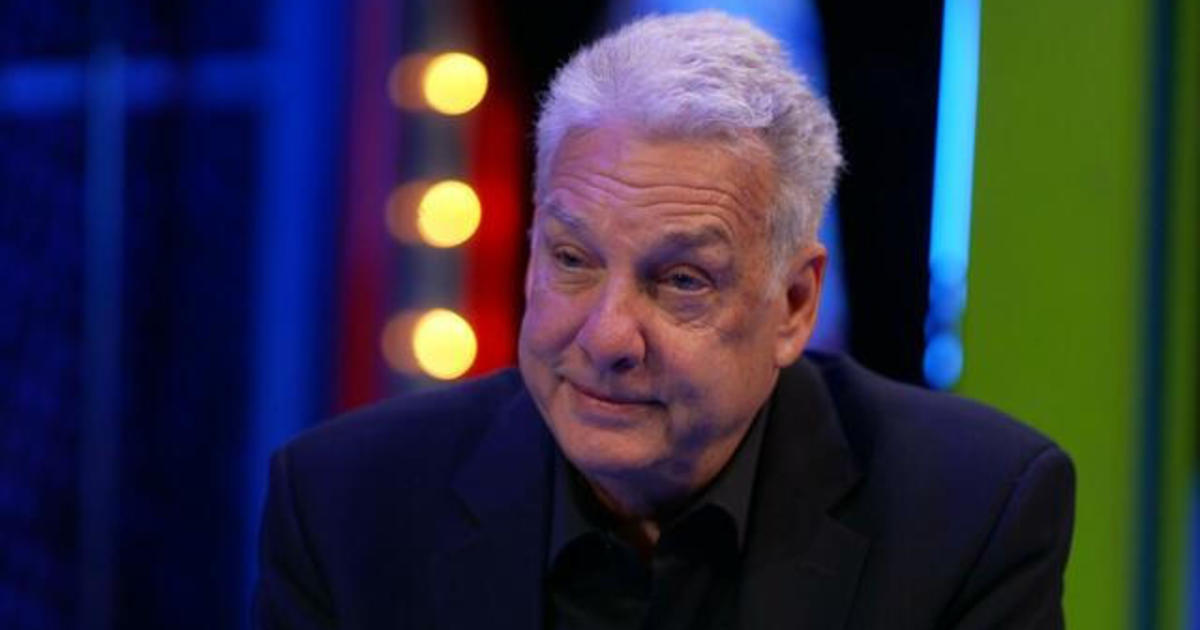Is Ai Weiwei an artist or an activist?
Chinese artist Ai Weiwei is famous for using his art to provoke the authorities in China, but lately, he's been focusing on refugees. He's made an installation from the discarded clothes and shoes left by those fleeing to Europe and filled a pond at a museum in Vienna with life jackets, which he fashioned into lotus flowers.
"I think artist and activist is the same thing," Ai tells correspondent Holly Williams in a profile this week on 60 Minutes. "As an artist, you always have to be an activist."
But Ai isn't convincing everyone in the art world. The art critic Jed Perl in 2013 called him a "wonderful dissident, terrible artist."
Michael Gavshon, the producer who worked with Williams on this week's story, says after covering Ai's exhibitions over the course of the last five years, without a doubt, he's both.
"I find his work I think so visually strong, and so bold, and so unusual," Gavshon tells 60 Minutes Overtime in the video above. "And then I find his politics really provocative."
Williams, who lived in China for 12 years, has covered many Chinese dissidents. But she says Ai is different from the others she's seen.
"He has a powerful sense of the ridiculous," Williams says. "He likes to point out to the Chinese government how ridiculous it is. And that's a pretty good way of annoying China's leaders."
Sometimes, he annoys them too much. Early one morning in 2011, as Ai was about to board a plane, government agents put a hood over his head and took him to prison. He spent 81 days in solitary confinement under 24-hour surveillance. When he was released, the Chinese authorities confiscated his passport and forbade him from speaking publicly.
Ai turned the whole ordeal into art, creating dioramas which recreated his prison cell experiences in intricate detail, including the two Chinese guards assigned to watch him constantly. The dioramas were exhibited around the world.
"It was clearly a harrowing and frightening experience for him," Williams says. "The point was to break him, to humiliate him. And he showed that in these artworks."
Ai also wrote an explicit heavy metal song called "Dumbass" and produced a music video in which he reenacts his experience in prison.
"My act maybe offends many people," Ai says. "But for me, that's my revenge."
Ai's artwork depicting his incarceration attracted international attention and helped pressure the Chinese government. Two years ago, they finally returned his passport. He immediately left China and set up a new studio in Berlin.
In his 60 Minutes interview, Ai says that, no matter the topic, his work all shares a common theme. "My work is really about surviving," he says.
The video above was originally published on May 21, 2017, and produced by Ann Silvio and Lisa Orlando. It was edited by Lisa Orlando.
Photos and video courtesy of Ai Weiwei
Video courtesy of "Ai Weiwei: Never Sorry"/Alison Klayman
